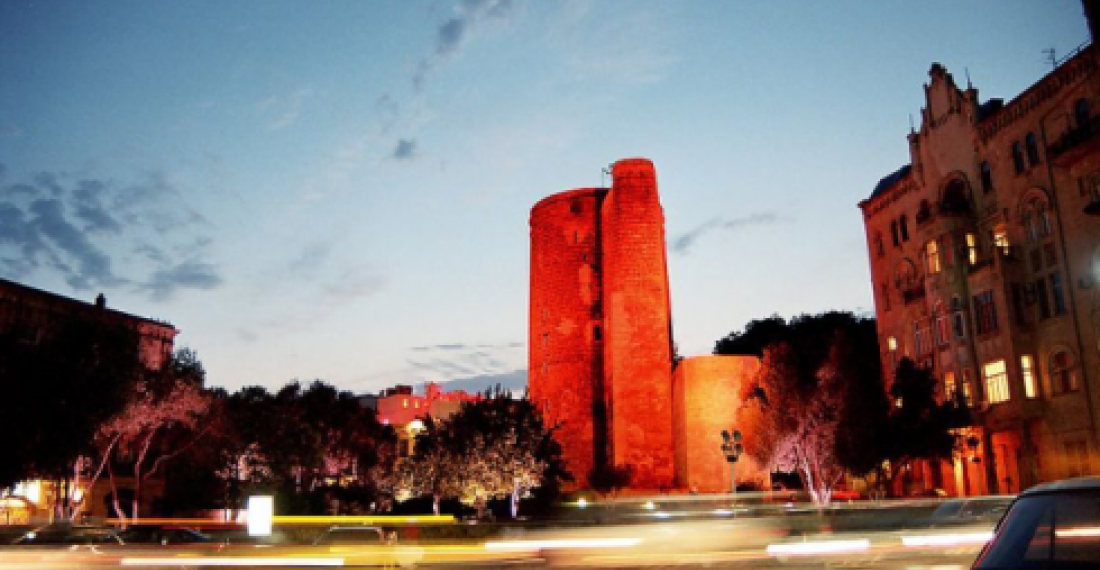There has always been a cosmopolitan feel to Baku, Azerbaijan's capital city by the Caspian City. An important stop on the old silk road, a centre for oil magnates at the start of the 20th century and a contemporary hub of buisness and cultural activity Baku is a bustling and tolerant city and the city has for a long time attracted a large number of foreigners. Azerbaijan's recent oil wealth has helped transform the city beyond recognition over a very short period.
It seems however that there is more going on in Baku than meets the eye. The London Times yesterday carried a report that compares modern day Baku to Oslo during World War 1 and Casablanca in World War 2 and suggests that it is now the spy capital of the world. The report speaks of dozens of Mossad agents and hundreds of Iranian agents operating openly in the country and watching each other. The report suggests that various intelligence gathering facilities have been established in Azerbaijan in recent years, including two by the Americans targeted primarily at Iran. The report says that whilst it is unlikely that Azerbaijan will ever be used as a staging post for a large military attack on Iran it is serving the purpose of gathering information on Iran, and it describes the region of Azerbaijan bordering Iran as a "grey zone" full of spies and spies watching spies.
The Azerbaijani government has yet to comment on the report but the Times story comes amidst incresing speculation about relations between Iran and its Caucasus neighbours.
source: commonspace.eu with The Times (London)
photo: The Maiden Tower, a historical landmark of Baku the Capital of Azerbaijan







